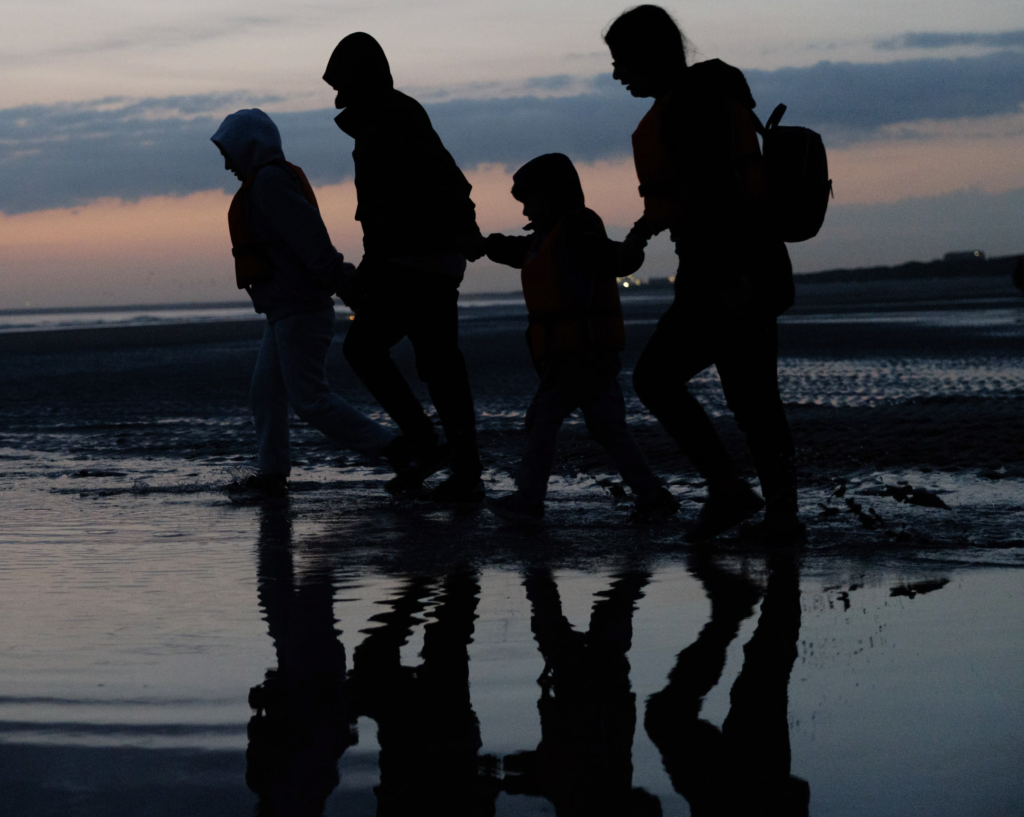
The UK Home Office announced the suspension of new applications to the family reunion scheme — a vital pathway that allowed refugees to bring their spouses and children to safety. The pause, expected to last until the spring, has thrown countless families into despair and uncertainty. Immigration lawyers say the new scheme that replaces it will likely be far more restrictive.
For many refugees, family reunification was the only light at the end of their perilous journeys. Now, that light has been abruptly extinguished.
Ahmed (not his real name), a former bodyguard to Afghanistan’s vice-president under Hamid Karzai, fled after the Taliban seized power. His wife, once a university student, was forced to abandon her studies and escape to Pakistan, where she remains at risk of deportation.
For Ahmed, the prospect of reunion sustained him through his treacherous journey to the UK:
“My journey from Afghanistan was a matter of death and life. What kept me going was the thought that I could reach safety and then bring my wife here. Now, our dreams are destroyed. She has not stopped crying since I told her. What is the value of life if you are separated from the people you love?”
Ahmed is not alone. Refugees across the UK describe the same shock, fear, and devastation.
The Government’s Position
The Home Office has defended the suspension as a necessary “pause,” citing the need to review the scheme and introduce reforms. Officials argue that the current system is vulnerable to abuse and needs tightening.
But critics warn that the decision will have grave human consequences. “By closing this route, the government risks driving vulnerable people into the hands of smugglers,” said one immigration lawyer. “It is cruel, counterproductive, and dangerous.”
The Human Toll
For thousands of refugees, family reunion was more than a legal process — it was a lifeline. According to the Refugee Council, more than 40% of applications are made by women and children seeking safety. Cutting off this path effectively traps families in conflict zones or leaves them in precarious conditions in neighboring countries.
Mental health experts also highlight the psychological impact. “Separation from family is one of the biggest drivers of trauma in refugee communities,” says Dr. Layla Al-Masri, a specialist in refugee mental health. “This policy will deepen despair and hopelessness.”
Political Backlash
The move has sparked fierce debate in Westminster. Opposition MPs, including Yvette Cooper, accused the government of “pushing children into the arms of smugglers.” Human rights organizations have vowed to challenge the suspension in court, arguing that it violates the UK’s obligations under international refugee law.
Campaign groups are now mobilizing to pressure the government to reverse course. Protests are expected outside the Home Office in the coming weeks.
As legal challenges mount and political battles unfold, families like Ahmed’s remain in limbo. The promise of safety and reunion, once so close, now feels more distant than ever.
Ahmed’s words capture the despair many feel:
“I thought this was the country of human rights. But this decision is destroying families and destroying hope. I have no plan B.”
The suspension of the family reunion scheme has exposed a deeper question about Britain’s asylum policy: Is the country still committed to protecting the most vulnerable, or has political calculation overtaken humanitarian duty?
For refugees separated from their families, the answer may determine not only their future, but also their faith in the very idea of refuge.